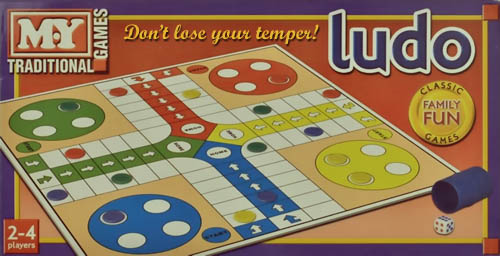Educational language (in Dutch)
About reflexively doing something to oneself
We have a beautiful Dutch language from which we can learn. Take the reflexive verb for example. Linguistically, there are two versions (‘mandatory’ and ‘incidental’). The former is the most important, such as ‘I misbehave myself’, where ‘I’ is the subject and ‘myself’ is the reflexive pronoun and can also be viewed as the direct object. This shows that we do this to ourselves. So I do to myself. The word ‘myself’ cannot be replaced by ‘you’ or by ‘him or her’. In the incidental version, this is possible, like in ‘I amuse myself’. You can also amuse someone else.
If we reflexively ‘do something to ourselves’, we can also stop doing it. We can learn from this spiritual lesson hidden in our language! We can’t blame this reflexivity on anyone else. Important examples include: hurrying, overacting, feeling ashamed, getting drunk, showing off, and so forth.
Note: reflexive pronouns are usually omitted in English. The English language generally does not require a reflexive pronoun to express the same meaning. The concept of “doing something to oneself” can be implied by the verb itself in English, without the need for a separate pronoun. This reflexiveness, therefore, only applies in Dutch.
 A very notable Dutch one is ‘ik erger me’ (‘I annoy myself’). We often tend to blame others for our annoyance. Wrongly so, because we do it to ourselves. If I ‘annoy myself’, I am the cause of my discomfort. No one else is responsible for that. So we can’t pin this unpleasant feeling on someone else: ‘I’ is the subject, ‘myself’ is the direct object, and we must reflexively ask: why am I doing this to myself? And: why don’t I stop?
A very notable Dutch one is ‘ik erger me’ (‘I annoy myself’). We often tend to blame others for our annoyance. Wrongly so, because we do it to ourselves. If I ‘annoy myself’, I am the cause of my discomfort. No one else is responsible for that. So we can’t pin this unpleasant feeling on someone else: ‘I’ is the subject, ‘myself’ is the direct object, and we must reflexively ask: why am I doing this to myself? And: why don’t I stop?
Fortunately, this verb form also has examples where we ‘do good’ to ourselves, such as ‘I wonder (myself)’ and ‘I restrain (myself). ‘I apologize (myself) isn’t wrong either, for instance, for your own annoyance. 🙂
When a reflexive verb applies, we should ask ourselves (reflexively), ‘Is this beneficial for me or am I burdening myself?’ In the latter case, we can do something about it ourselves and not blame others. This way, we stay in peace and avoid a lot of trouble.

